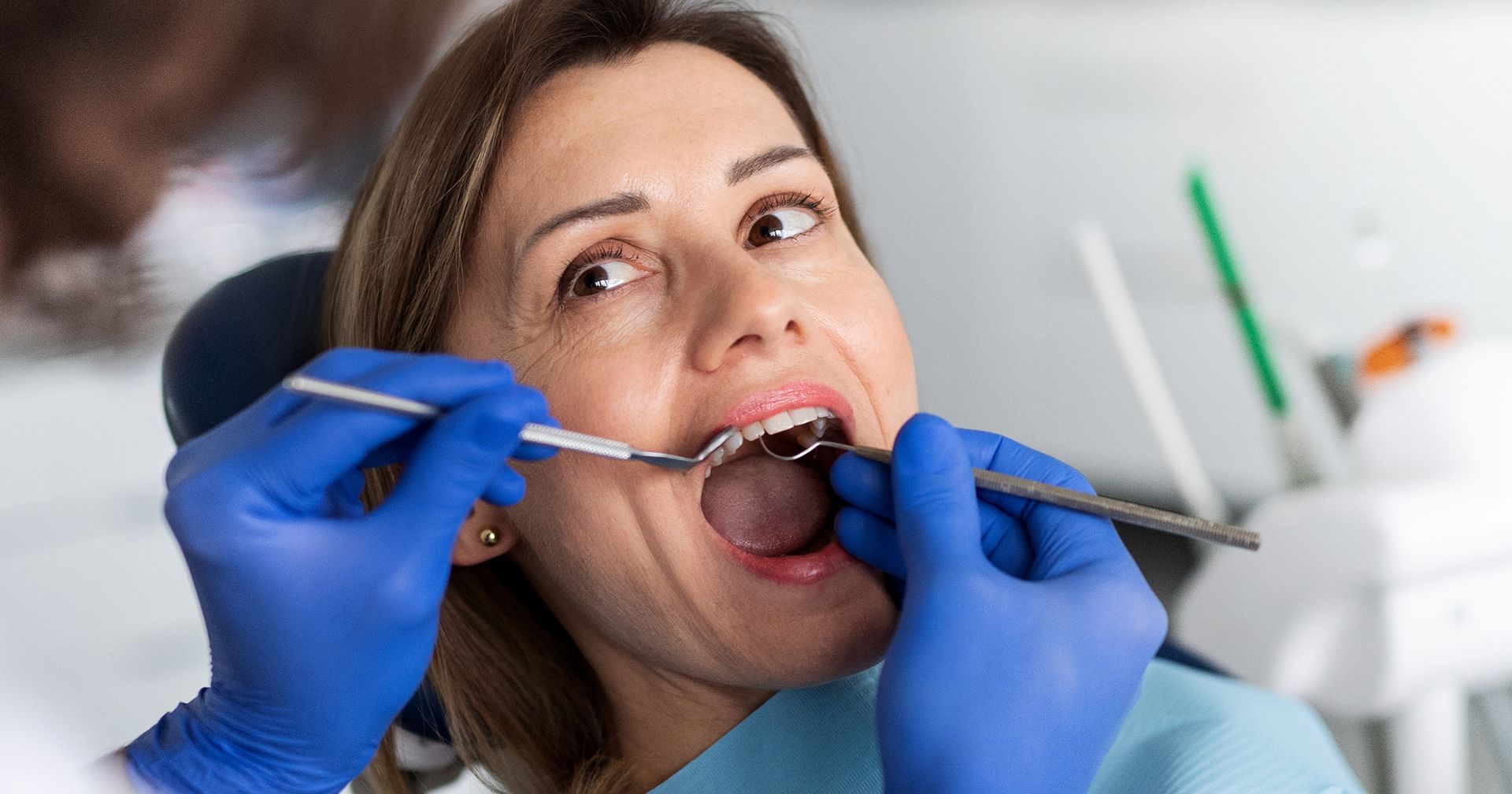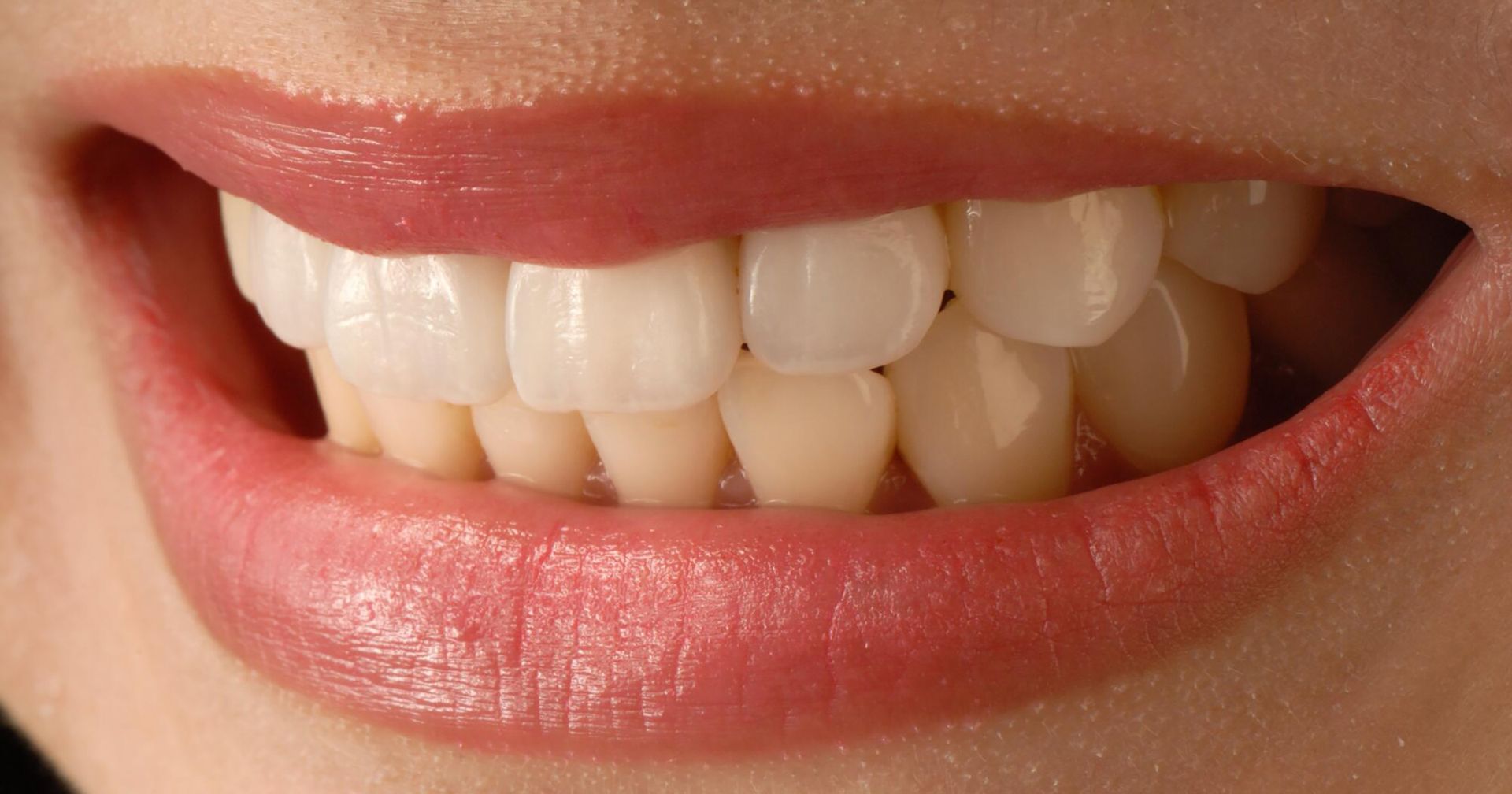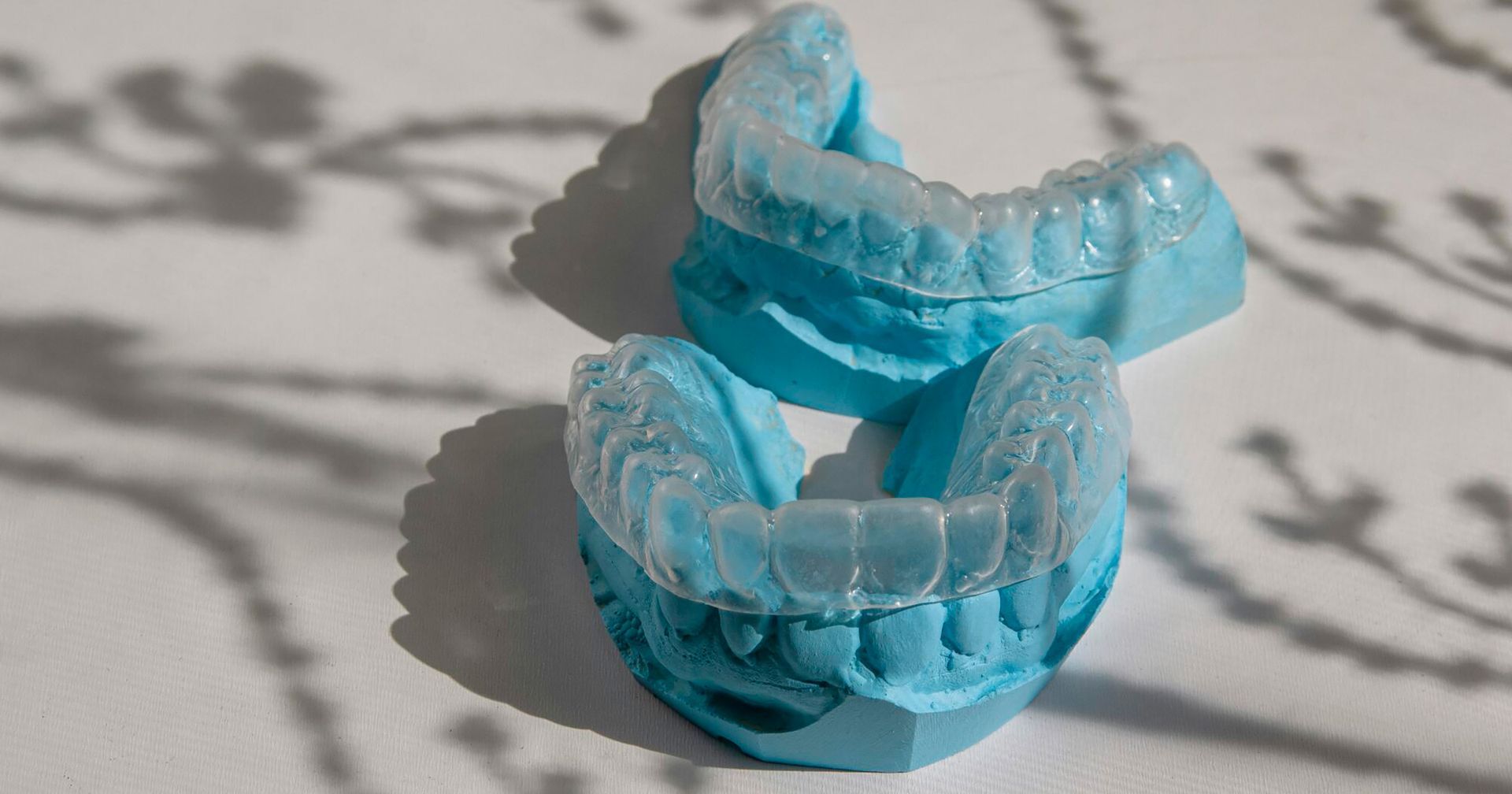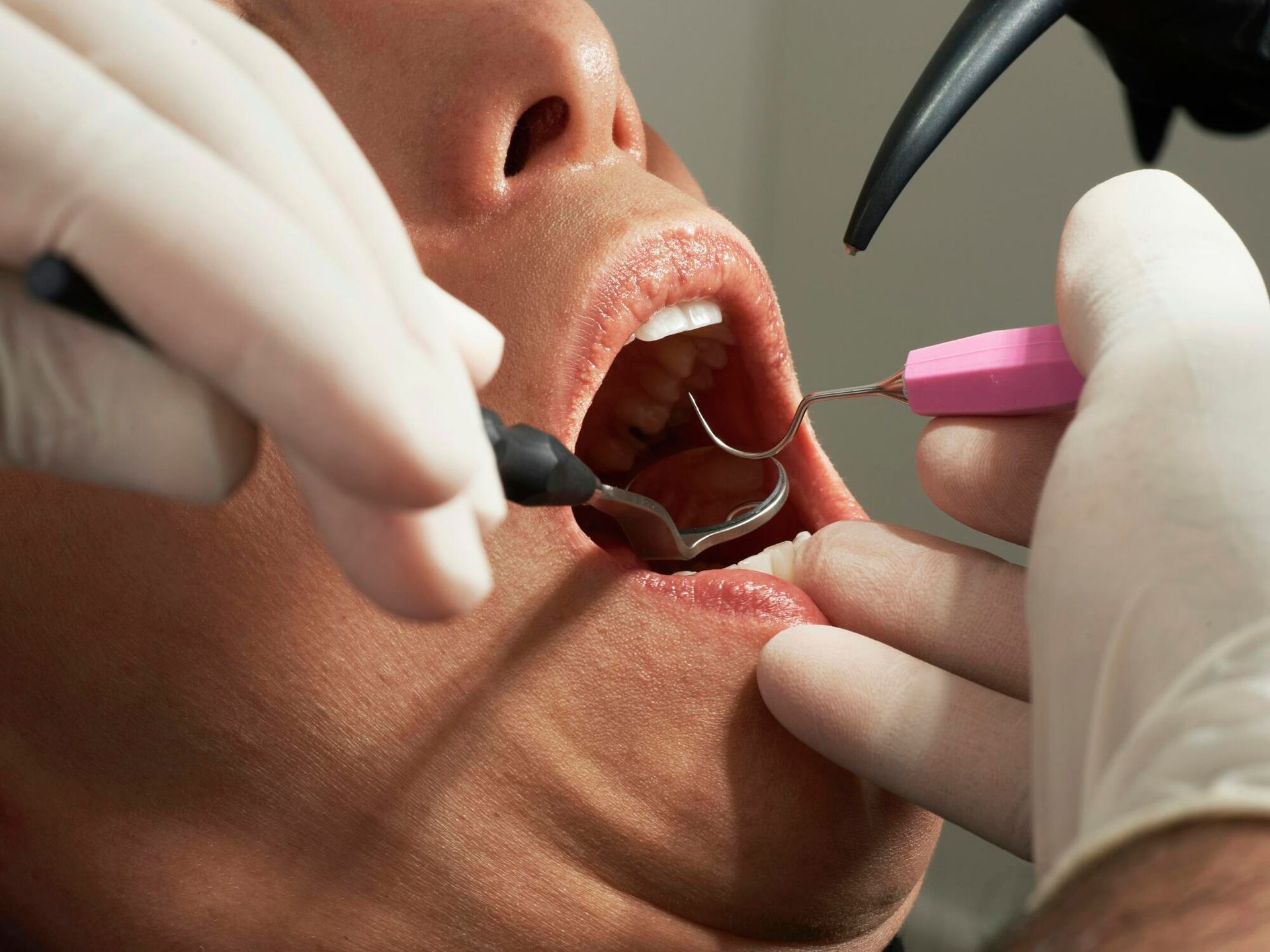Root Canal Treatment Side Effects: What to Expect
Learn about root canal treatment side effects to stay informed and prepared for better oral health and recovery! Learn more here.
Did you know that over 15 million teeth are saved annually through root canals, also called endodontic treatment? A root canal treatment can be a lifesaver when dealing with severe tooth pain or infection, but what happens after the procedure? While it's a highly effective way to save a tooth and protect your smile, knowing what side effects you might experience during recovery is important.
Being informed can make the process less intimidating and help you take control of your oral health. If you are wondering about this procedure, we have you covered. Keep reading for detailed information on root canal treatment side effects and tips for a smooth recovery. We also let you know where to find expert dental care in Antioch, TN.
What Is a Root Canal Procedure?
A root canal procedure removes infected or damaged tissue inside a tooth to relieve pain and prevent further complications. The process typically involves the following steps:
Local anesthesia is used to numb the area around the tooth. The dentist then drills a small hole in the tooth's crown to access the pulp (the soft tissue inside the tooth containing nerves and blood vessels) to remove any infected or damaged pulp (the roots of the tooth are not removed). After that, canals are cleaned and shaped to prepare them for filling.
After cleaning, the canals are filled with a special sealing material to prevent further infection. The dentist often places a crown or filling over the tooth to restore strength and functionality.
A root canal is similar to a regular filling and usually takes one or two visits. The procedure is mostly painless, and since endodontists specialize in root canal pain management, treatments are quick and comfortable.
Common Side Effects After a Root Canal Procedure
Understanding the typical side effects of a root canal treatment can ease concerns and help you manage recovery better. Below are some of the most common side effects.
Mild Pain and Sensitivity
Some pain or sensitivity is normal after a root canal. Pain can occur because the surrounding tissues may still be inflamed; however, this discomfort usually subsides within a few days.
Swelling of the Gums or Jaw
Swelling may develop due to tissue irritation or lingering infection. It often improves within 48 to 72 hours.
Temporary Numbness
Residual numbness from anesthesia might last for a few hours. To prevent injury, avoid chewing on the affected side.
Tooth Discoloration
The treated tooth may appear slightly darker. If this happens, a dental crown can be restored to its appearance.
Risk of Infection
Rarely, bacteria may persist, leading to a reinfection. Symptoms like severe pain or swelling may need additional treatment.
Uncommon Side Effects
Although less frequent, some patients may experience these side effects. Be aware of the following:
Allergic Reactions
Some materials used in the procedure might trigger allergies. Inform your dentist of any known allergies beforehand.
Cracked or Damaged Tooth
A weakened tooth may crack under pressure after a root canal treatment. Dentists often recommend protecting the tooth with a crown to reduce this risk and ensure long-term durability.
Chronic Pain or Sensitivity
Ongoing discomfort might indicate an untreated issue, such as an undetected canal. If the pain persists for over a week, consult your dentist promptly.
How to Manage Root Canal Pain and Side Effects
Pain management is essential for a smooth recovery. Here are practical tips to try:
- Non-prescription medications can reduce pain and swelling
- Apply a cold compress to the cheek near the treated tooth to minimize swelling
- Stick to soft foods to avoid putting pressure on the treated tooth
- Brush and floss gently to keep the area clean
- Follow your dentist's instructions for cleaning around the treated tooth
- Rest and avoid heavy physical activity during the first 24 hours
Post-Root Canal Recovery Tips
Good post-root canal care is essential for faster healing and long-term success. Following these guidelines can help you maintain optimal oral health and avoid complications.
Attend Follow-Up Appointments
It is important to attend any scheduled follow-up appointments after your root canal. Your dentist will monitor your healing progress and may complete additional procedures, such as crown placement, to ensure the tooth is fully restored.
Protect the Tooth
To avoid damaging the treated tooth, it is crucial to keep from biting on hard objects. If you grind your teeth at night, a mouthguard can protect your restored tooth.
Avoid Eating on the Treated Side
Avoid chewing on the side where the root canal was done for a few days. This will help prevent irritation and allow the area to heal properly.
Immediately after the procedure, you may experience sensitivity to temperature changes. It's best to avoid hot or cold foods and drinks until your tooth is fully healed.
When to Contact Your Dentist
While most side effects are temporary, some symptoms require immediate attention. Contact your dentist in the case of the following:
- Severe or worsening pain beyond a few days
- Persistent swelling or fever
- Unusual discharge or bad taste in the mouth
- Difficulty chewing or biting
Timely intervention can prevent further complications and ensure a successful outcome.
Benefits of Root Canal Treatment Despite Side Effects
While the side effects may seem concerning, the benefits of a root canal far outweigh the temporary discomfort. These include:
- Relief from severe tooth pain caused by infection or damage
- Saving the natural tooth and avoiding extraction
- Removing infection and preventing it from spreading
- Restored function with normal biting and chewing once the tooth heals
- Preservation of your natural smile
Endodontic treatment is very successful; many teeth treated with root canals will last a lifetime.
Understanding Root Canal Treatment Side Effects
Root canal treatment side effects, such as mild pain and swelling, are a natural part of the healing process. Proper pain management, post-treatment care, and routine dental visits can make recovery smoother and prevent future complications. If you experience any unusual symptoms, contact your dentist to address these concerns.
At Century Farms Dental, we understand that dental treatment can cause anxiety, and we're here to make the experience as comfortable as possible. Our compassionate team is dedicated to providing personalized care in a relaxed and welcoming environment.
Contact us today to schedule your appointment.













